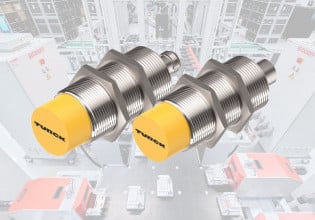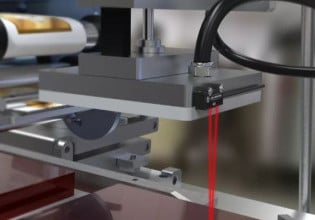G
Greetings,
I come across couple of topics on Security risks for Industrial control systems. This seems to be very interesting subject. Can any pl provide pointers about the security threats to the DCS/PLC/RTU/SCADA and more importantly any threat to Fieldbus Networks.
Thanks
Gopinath Ch
I come across couple of topics on Security risks for Industrial control systems. This seems to be very interesting subject. Can any pl provide pointers about the security threats to the DCS/PLC/RTU/SCADA and more importantly any threat to Fieldbus Networks.
Thanks
Gopinath Ch






